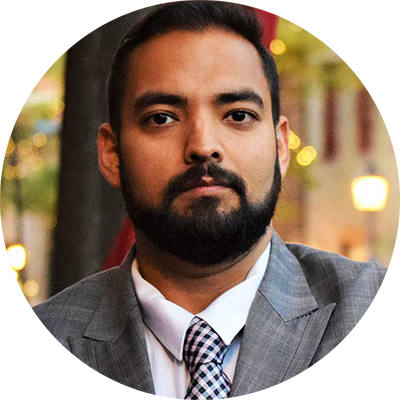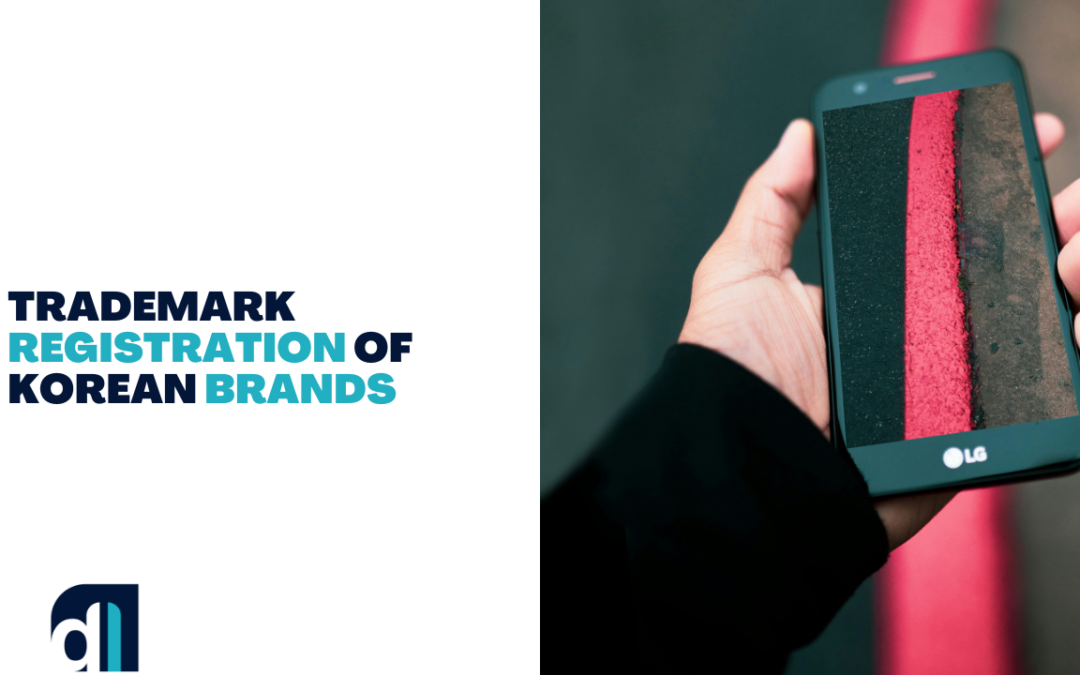Korean companies hold a significant share of the U.S. market. Some renowned names like Samsung or LG have their origins in Korea and have established themselves as leaders in the consumer electronics field in the U.S.
Other than these, there is a rising trend in the consumption of K-beauty, K-pop, K-drama, and K-food which has led to an increased introduction of Korean goods and services in the local market. Seeing the enormous presence of Korean names in the U.S. industry, trademark registration of equal amounts is given.
Many Korean companies have registered their trademarks with the United States Patent and Trademark Office (USPTO) to protect their names and the competition in the market which shows that there is an increased awareness regarding intellectual property protection amongst brand owners.
Register a Trademark in the United States using Korean Registration
As is the norm amongst international brands, Korean companies apply for trademark registration in the U.S. using their home country registration. In other words, they use both the Madrid Protocol and Paris Convention as bases to register their trademarks. South Korea became a member of the Madrid Protocol in 2003 and 1980 for the Paris Convention. As a result of these memberships, numerous Korean companies have applied for U.S trademark filing either through the Madrid Protocol or the Paris Convention.
Although the avenues provide ease to the companies, an issue faced by them is identifying the correct category for their products or services in their U.S registration. Foreign applications often allow, and at times even promote, extensive protection by defining goods and services in broad terms.
For instance, instead of creating specific categories for items such as “short-sleeved shirts, evening dresses, and dress pants,” foreign applications might simply use the term “clothing,” as it covers all forms of clothing, including the ones mentioned here.
Such broad categorization, as a result, causes unwarranted delays in the local registration process as the examining attorneys in the USPTO require applicants to mention specified categories for their products and services. The examining attorneys often compare the listed categories with the registered or unregistered marks already present in the market and accordingly refuse the application.
Although the companies the examining attorneys used for comparison are unrelated to the products or services listed in the immediate application before them, the application’s broad description results in the applicant having to invest more time and resources to amend the listed goods and services. Furthermore, since the same examining attorney will likely review the revised application, convincing them to remove the said office actions or refusals can also be a challenge.
However, even if the trademarks are accepted in their original manner, there is a huge risk of litigation and prosecution costs if another company – who is monitoring the USPTO database – detects an overlap with their existing trademark rights. This might result in the applicant receiving an enforcement letter, even from a business operating in an entirely different industry.
Conducting a Comprehensive Trademark Search on the U.S. database before Registering a Korean Trademark
A common misconception rampant amongst foreign brand owners, including the Korea-based, is that having a registered trademark in the home country means that they have global IP protection. In the U.S., both registered and unregistered trademark owners are allowed to operate freely on proving inter-state business operations.
So, if a Korean-based company has a trademark filing of 2012 in its home country, but has no operations in the U.S until 2021, then a U.S.-based company having registration of 2020 will have trademark priority in the U.S over the Korean company by having ‘prior usage’ in the U.S. In this way, the Korean brand would likely face hindrances from the U.S. company in registering its trademark application.
Furthermore, the criteria for “likelihood of confusion” set by the Korean Intellectual Property Office (KIPO) may be different from the USPTO’s threshold. The “likelihood of confusion” is not determined through a quantifiable test. The USPTO considers eight factors in its assessment, but the weightage given to each factor can vary depending on the examiner. Additionally, various district courts across the U.S. may apply slightly different criteria from that of the examiners when determining ‘confusion’ in trademark enforcement cases.
Therefore, when seeking trademark registration in the U.S., all the aforementioned factors must be taken into account. Particularly, it is advisable to conduct a thorough trademark search in the U.S. before launching their Korean enterprise. This is a time-consuming and detail-oriented task that has to be handled with expertise.
The process typically starts with a preliminary search i.e. an initial, organic search on the USPTO database to find any existing trademarks that are identical or closely resemble the one being filed. The preliminary search is very important as the attorney is able to assess at this stage whether there is a potential for the USPTO’s examining attorney to reject the application due to a likelihood of confusion.
The next step is conducting a comprehensive search in which it is assessed whether the design elements of a trademark are registrable. The activity is also helpful in uncovering potential conflicts with common law trademarks, state trademarks, and foreign registrations – all such factors that may hinder the approval of your application.
Luckily, the issue can be handled by simply hiring an experienced U.S. trademark attorney. Making an attorney handle the process means minimizing errors and preventing unnecessary delays. If you are looking for an attorney, you don’t have to go far.
You can book a free consultation today with us at Drishti Law to learn how our experienced principal attorney can help you successfully register your Korean trademark and enforce your rights in light of U.S. laws. We provide a variety of services which can meet the specific legal needs of your brand.

Sahil Malhotra
Sahil Malhotra is an Intellectual Property Attorney, who founded Drishti (“vision”) law because of his vision in protecting dreams and ideas.
He provided individuals and small businesses with an opportunity to enhance their IP’s value by helping them register trademarks and successfully argue against office actions. In addition to his training and experience, he has been deeply involved in the multifaceted IP portfolio at UIC and continues to be associated with IP organizations and conferences.
To know more about Sahil Malhotra — Click Here
You may follow Sahil Malhotra on Facebook: Sahil Malhotra and on Instagram: @Sahil Malhotra

